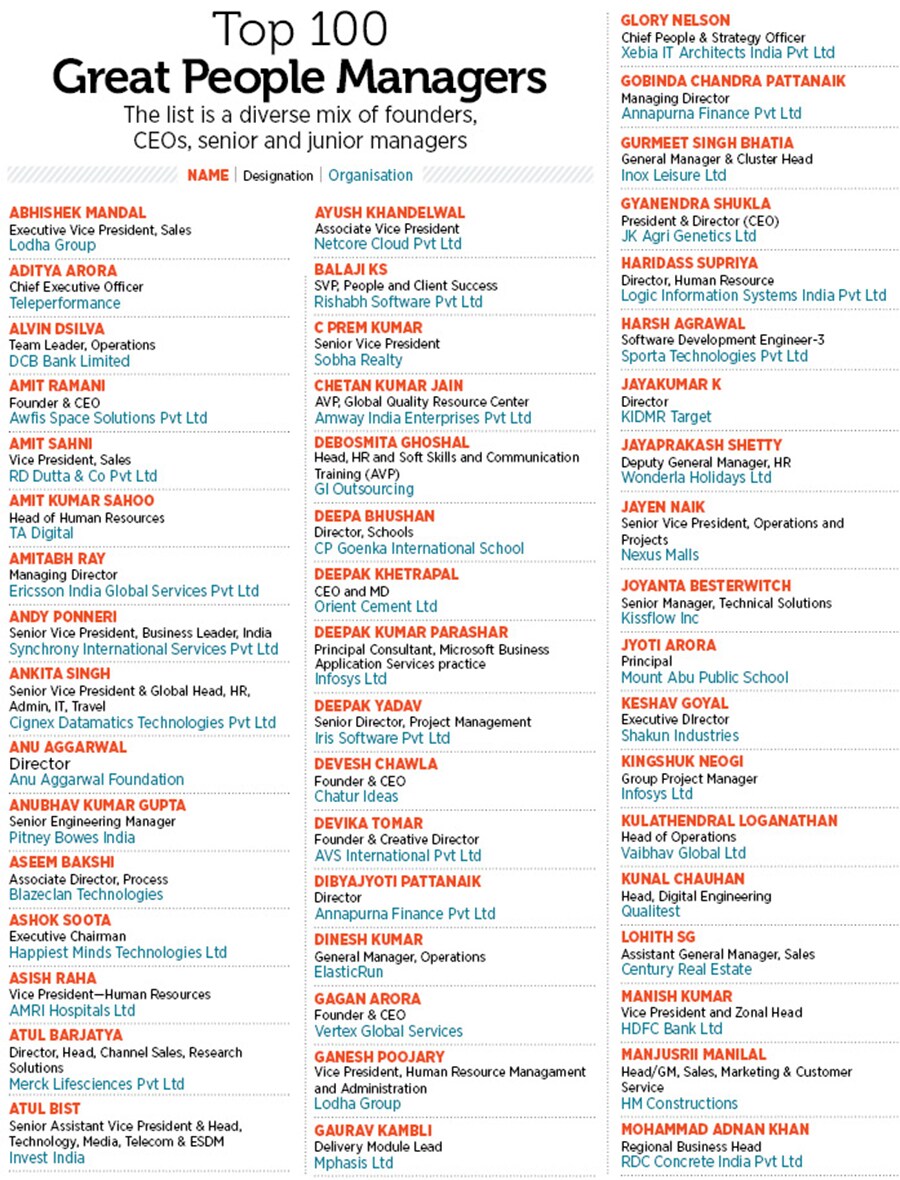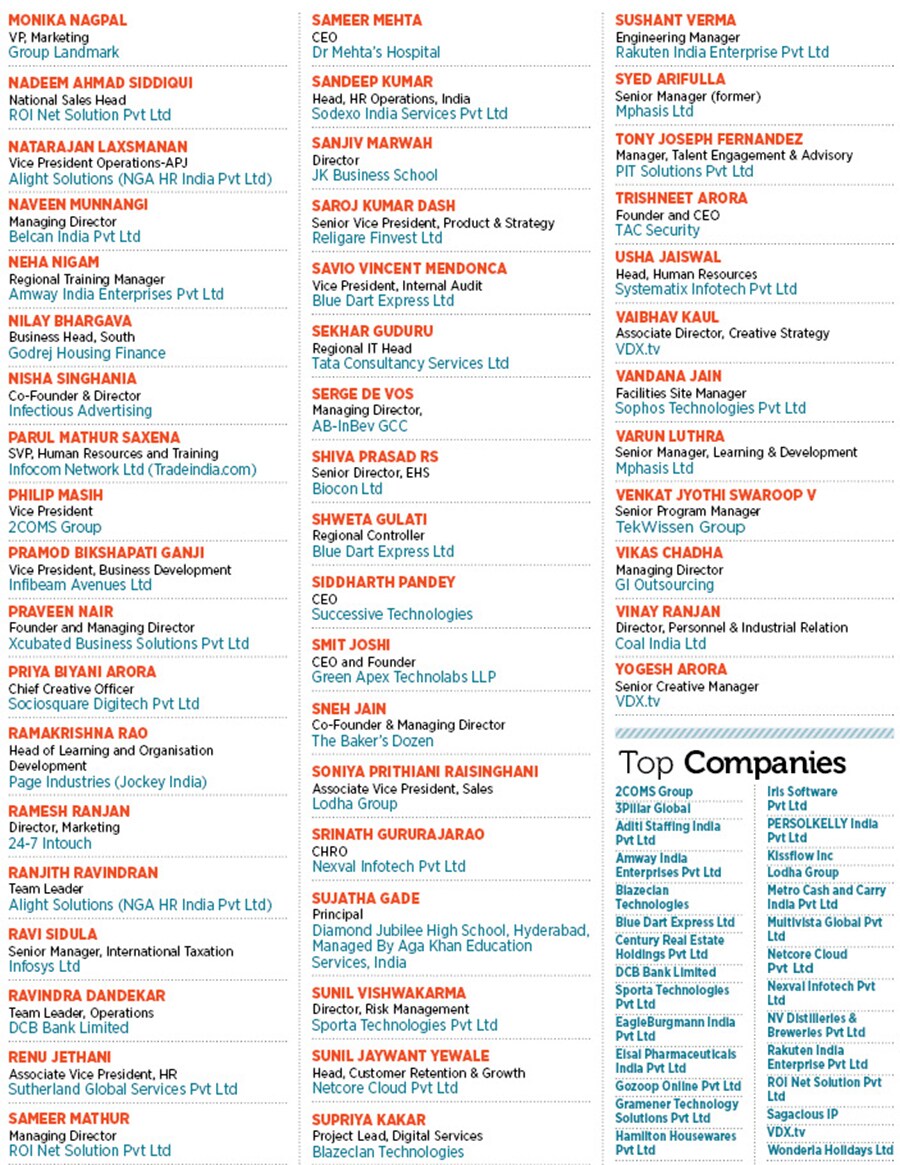
Great people managers: Good leaders make great businesses
When seniors lead with empathy and inspiration, business results are delivered as a byproduct
 Great leaders create self-belief in their team
Great leaders create self-belief in their team
Illustration: Sameer Pawar
Greatness in business results is achieved through greatness in people management. Some great leaders across India understand that and have exemplified the same in the new normal. Great Manager Institute® has evaluated them to identify the best in India, through its study, the Great People Manager Study, the largest of its kind, the results of which are published in Forbes India.
The process involved registrations of 10,273 managers (including self-nominations) from 4,189 organisations, spanning all sectors. Evaluation was done for about 18 months starting April 2020, thus being able to assess and analyse greatness in leadership during one of the worst crises ever faced by humankind. Here are some key insights:
Great leaders create self-belief in their team: One of the leaders on the list challenges her team members to go beyond their limits, making HR learn IT, nurturing their career in the process. Her team has shown zero attrition in the last seven years, and all of them have grown to become celebrated leaders. This is one example of what sets a great people manager apart. Sometimes, when the focus is on the career path of their team members, business results are delivered almost as a byproduct.






